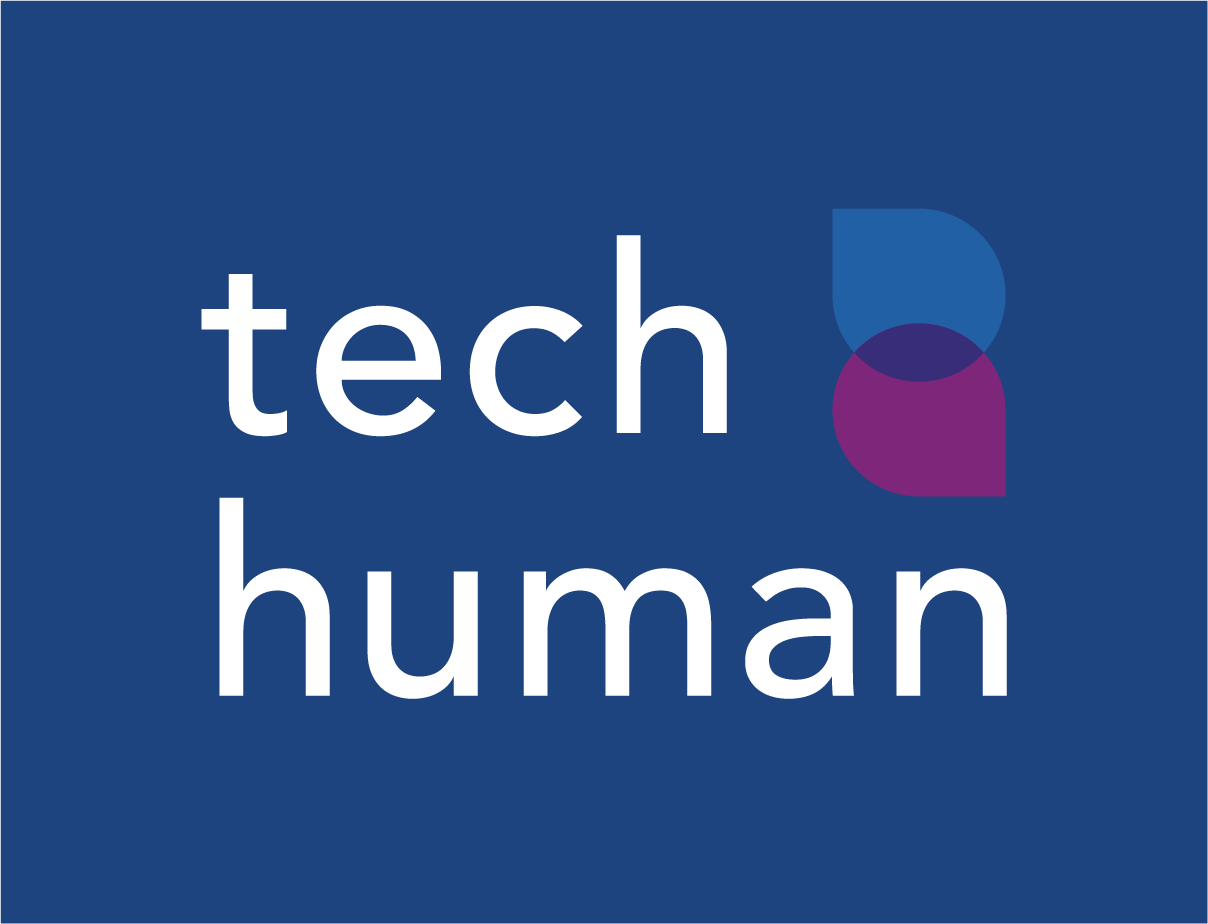Business and Community Leaders - Introduction
It is hard to escape technology these days. Within our businesses, we need to have an online presence, offering a great ‘user experience’. We need to offer our services or products online. There is constant pressure to innovate; to do things differently, and for the most part this involves some use of new technologies. We may be testing fancy analytics of our own or working with Google or Facebook to try to target our advertising more effectively. We might want to use Amazon Marketplace as a storefront. Whether consciously or unconsciously we may be using elements of machine learning or forms of so-called artificial intelligence to help enable these changes.
In our daily lives, technology is becoming pervasive. Many people are spending 8 hours or more out of every 24 online. Technology-mediated interactions are increasingly common, in-person ones are in decline - especially, but not exclusively for younger people. Technology is seen as the potential solution to address the “crisis in care” – through digital monitoring and even AI-powered “carebots”.
We see computer technology as a powerful collection of tools, that can offer many benefits to businesses and communities. We are concerned that the uncritical deployment of technology is creating problems across society. We want to help business leaders think critically about whether the technologies they are using are truly in the interest of their shareholders, their customers and society as a whole. For communities, we want to look at how we put human to human contact at the centre of all we do. Technology can help us achieve that – but it cannot replace it.
To do that we need better to understand the consequences of the current state of the digital revolution – and to help business make better-informed ethical decisions. Communities need to decide what are their primary priorities – and consider what role technology should be playing in creating and sustaining more vibrant, supportive, caring neighbourhoods for all ages and social groups. TechHuman.org has been set up to host a conversation around these issues and provide a curated set of what we hope will be helpful materials. We aim to provide a forum in which these challenging questions can be discussed in a way which is relevant to the concerns of ordinary people within our businesses and communities. Please join us and become part of the conversation.
John Wyatt
Jonathan Ebsworth


